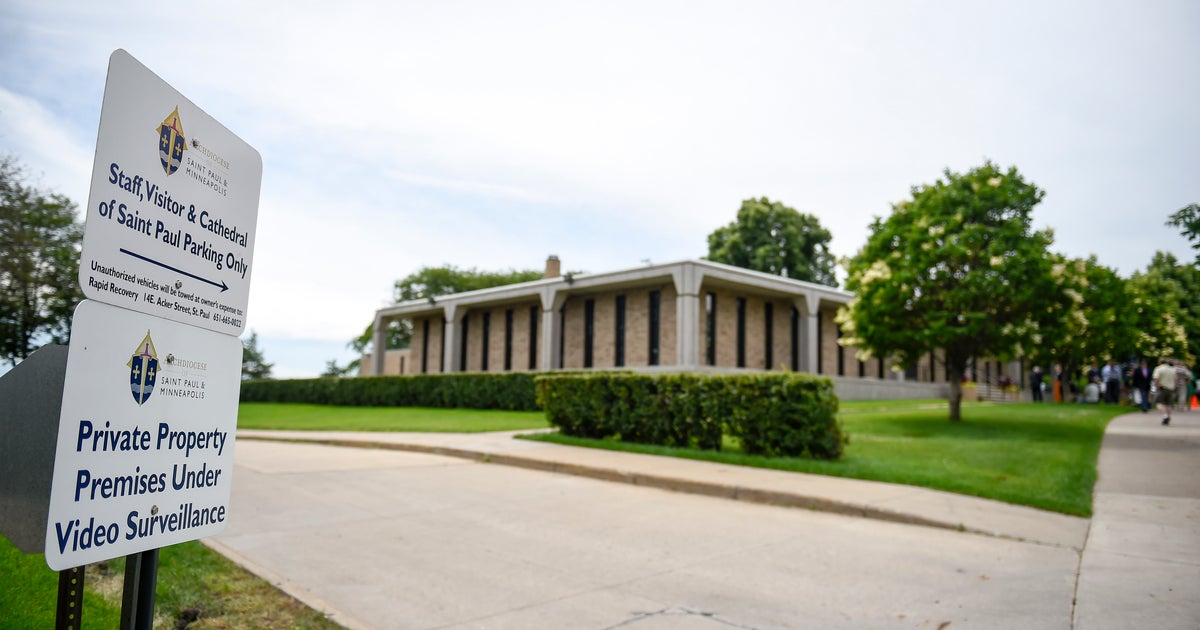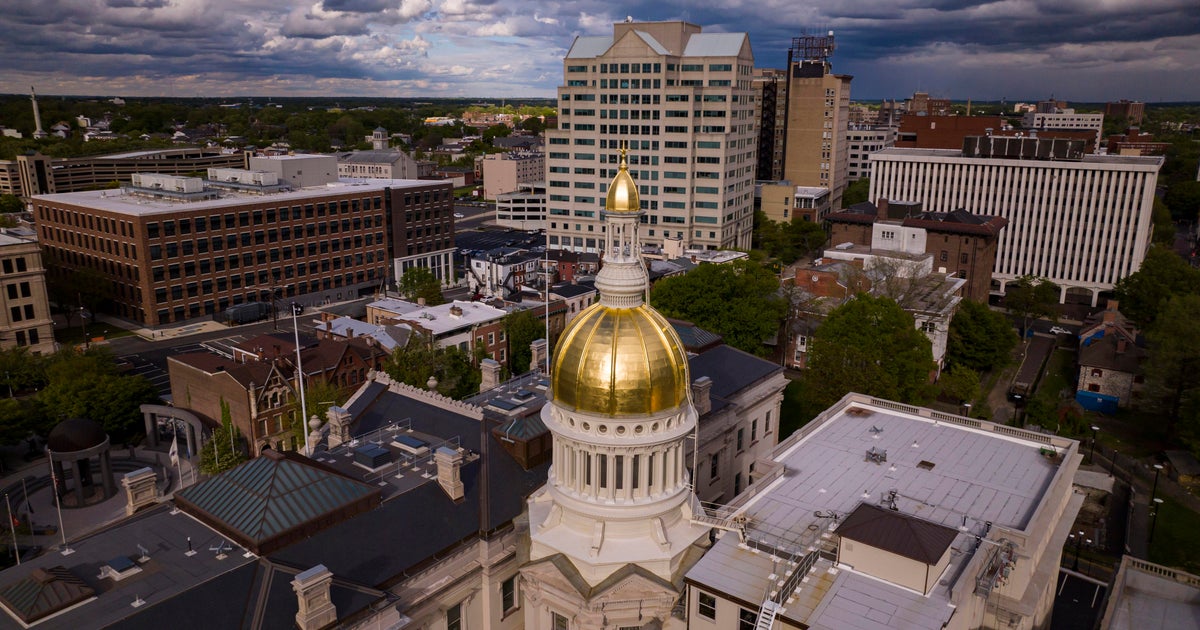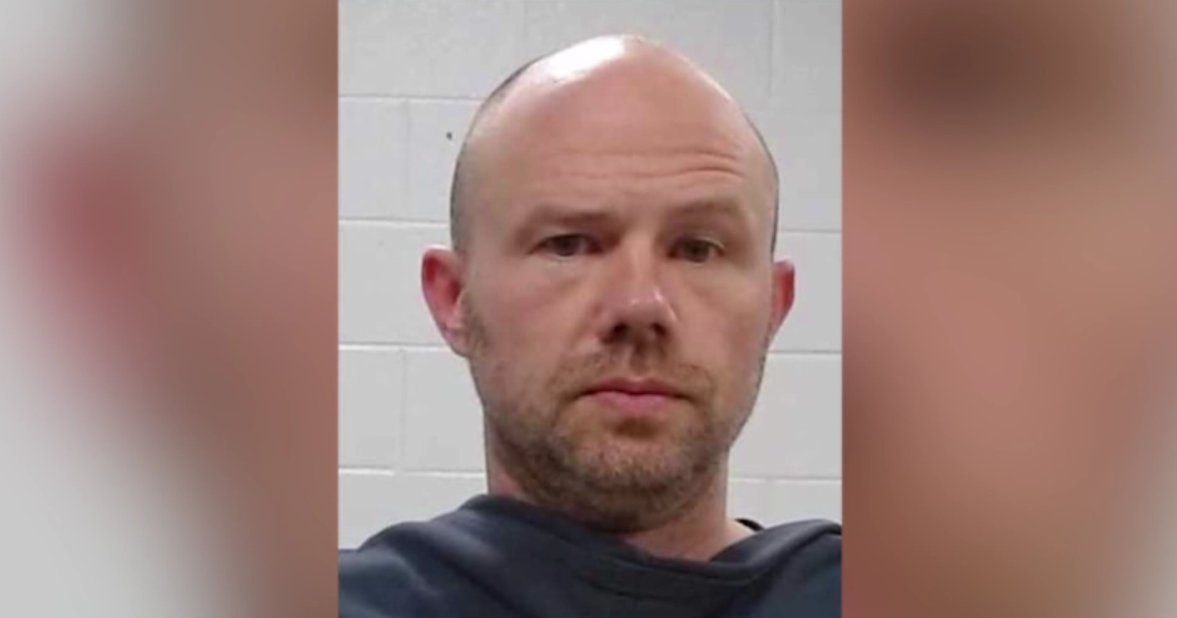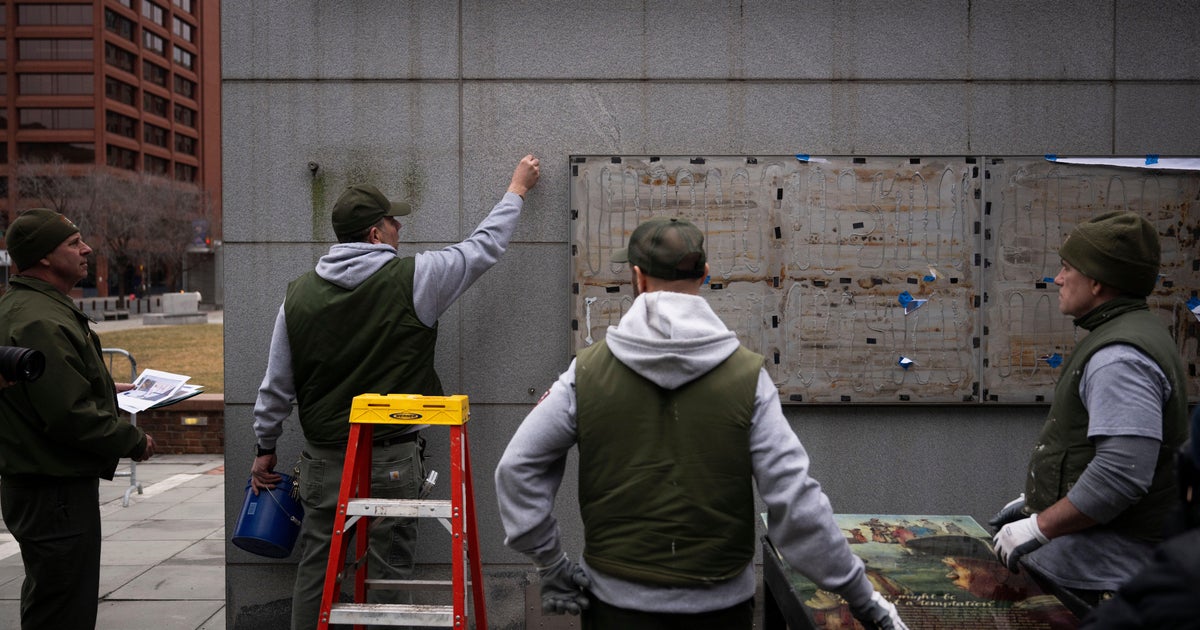State Abortion Law Still In Limbo After Court Ruling
AUSTIN (AP) - The Fifth Circuit Court of Appeals may have ruled that Texas should be allowed to enforce a new law requiring doctors to conduct a sonogram before performing an abortion, but that doesn't mean the law will be enforced anytime soon.
At issue is how much the state can control what a doctor tells a patient. The law's supporters, most of whom oppose abortion rights, say the law is necessary to make sure a woman fully understands what an abortion entails.
The only way to do this, supporters argue, is to require the doctor to conduct a sonogram, make the image viewable to the woman, play the fetal heartbeat over a speaker and verbally describe whether the fetus has organs or limbs. Women cannot ask the doctor to skip any of these steps unless they legally certify that they are victims of incest or rape, or if the doctor finds that the fetus is fatally deformed.
The Texas Medical Association and women's rights groups oppose the law because they say the state is interfering with the doctor-patient relationship for ideological reasons and the law serves no medical purpose. U.S. District Judge Sam Sparks determined that a group of doctors who sued to stop the state from enforcing the new law had a strong enough case that the measure should be put on hold pending a trial.
Texas Attorney General Greg Abbott appealed to the Fifth Circuit Court of Appeals to reverse Sparks' order.
On Tuesday, the circuit's Chief Judge Edith H. Jones issued a judicial opinion saying the doctors had not proven that Texas was violating their First Amendment rights to free speech, and therefore Sparks' order to block enforcement was premature. But Jones did not issue a mandate ending that injunction and won't for at least 14 days, giving the doctors who are represented by the Center for Reproductive Rights time to appeal her ruling.
The center could ask for a rehearing of the case by the full Fifth Circuit. Under court rules, though, a group must convince a majority of the judges that Jones made "an error of exceptional public importance or an opinion that directly conflicts with prior Supreme Court, Fifth Circuit or state law precedent," an extremely high legal standard to meet. Only 1 percent of cases are reheard in this way, according to court documents, and most of those are at the suggestion of one of the judges.
Jones, appointed by former President Ronald Reagan in 1985, made it clear in a 2004 opinion she wrote for the McCorvey v. Hill case that she questions the logic behind the Supreme Court's decision to legalize abortion in the landmark Roe vs. Wade case. The opinion she issued Tuesday also accepted the state's argument that a woman could not understand the abortion procedure without a sonogram and the state-mandated explanation.
"This ruling tells a lot about how any further appeals will go and how it will ultimately be decided," said Jonathan Saenz, legislative director for the conservative Liberty Institute. The center "made their strongest arguments and they were flatly rejected by the appeals court."
If the center won a rehearing, Jones' ruling would no longer be valid. The center could also appeal Jones' ruling to the Supreme Court and ask that the law remain on hold pending a ruling there. Nancy Northrup, the center's president, said they are studying their options.
"Until now, every court that has reviewed similarly intrusive laws has declared them unconstitutional because they violate the First Amendment," she said. "But the law could potentially go into effect at the end of this month."
If there is no rehearing, the court issues a legal mandate eight days after the appeal period making Jones' ruling binding on Jan. 31.
In the meantime, District Judge Sam Sparks has scheduled oral arguments for Jan. 20. In his original ruling, Sparks agreed with the doctors that the law appeared to violate their rights, which is why he ordered the state not to enforce it until after his final ruling. After the state appealed Sparks' order to the Fifth Circuit, Jones used her opinion to adamantly disagree with Sparks and used the opportunity to write that Texas was well within its rights to enforce the law.
If Sparks follows his chief judge's logic, the center will have a hard time at trial and the law will go into effect as soon as he issues a ruling agreeing with Jones. If he disagrees and declares the law unconstitutional before Jan. 31, then it remains blocked.
No matter how Sparks rules, both sides are ready to appeal his decision back to Jones and the Fifth Circuit, the nation's most conservative appeals court. The court could allow Texas to enforce the law during that appeal process.
Once decided, it is up to the Texas Department of State Health Services to enforce the law, and a spokeswoman said the agency will work with the attorney general's office to determine how to do that. The attorney general's office did not respond to repeated requests for information about how it would enforce the law.
However, the text of the law provided for a 30-day lag between when the law takes effect and when the state would begin enforcing it, presumably to give the department and doctors time to prepare for it.
(© Copyright 2011 The Associated Press. All Rights Reserved. This material may not be published, broadcast, rewritten or redistributed.)
Also Check Out:







